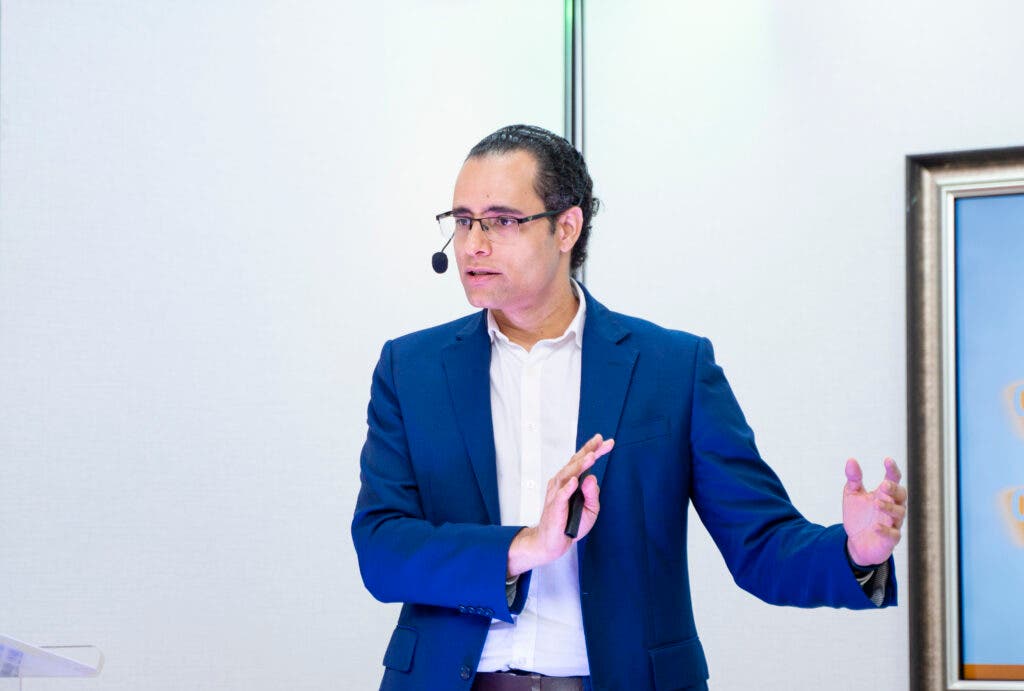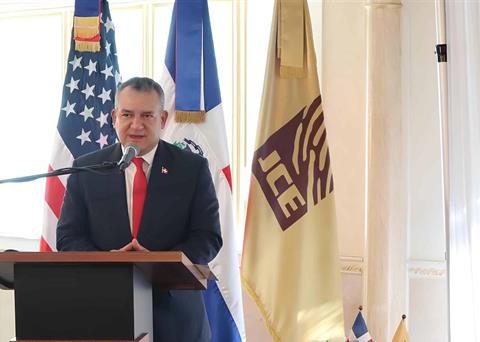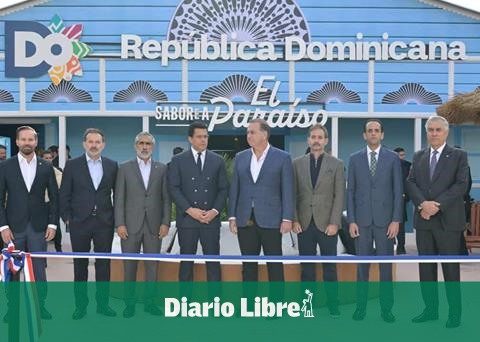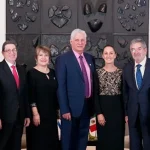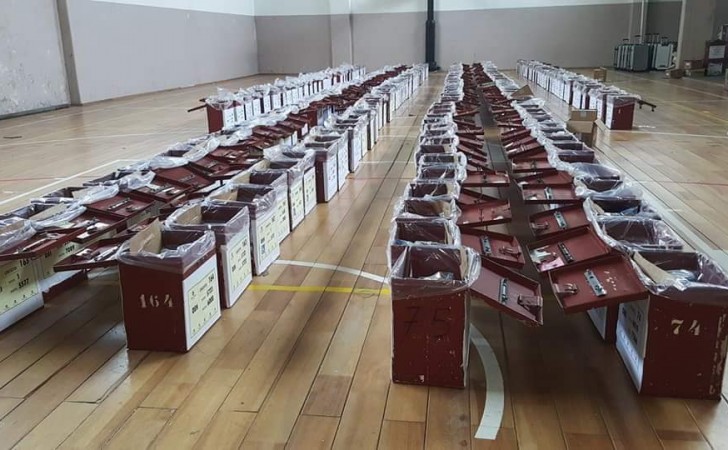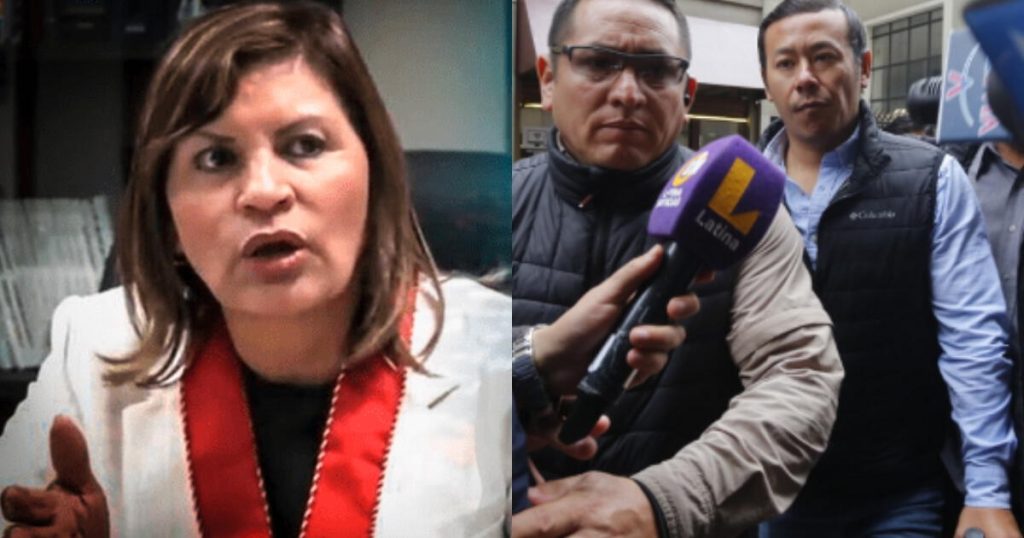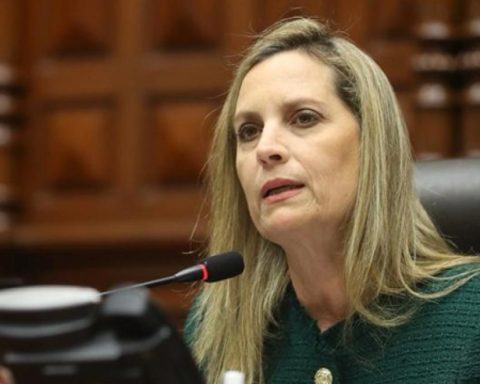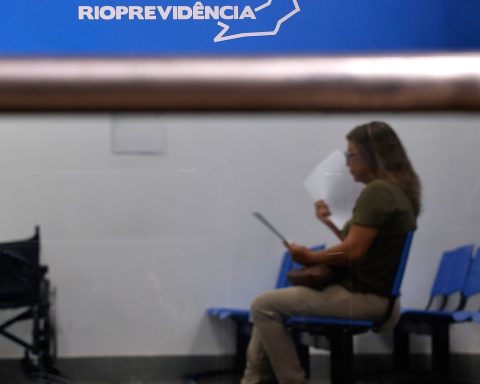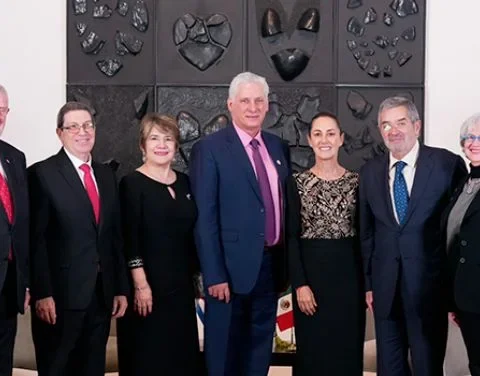The economist and Harvard professor, Juan Ariel Jiménez, pointed out that the solution to the fiscal problem must begin by reducing evasion, before asking the middle class for more sacrifices.
Jiménez expressed that evasion is not only possible, but could increase collections significantly without putting more burden on the middle class. He indicated that if the Dominican Republic managed to achieve the same ITBIS collection efficiency that Costa Rica has, revenue could be increased by 1.7% of GDP, a figure greater than what the reform intended to raise.
“To achieve this, we need a combination of technology, improvements in tax administration and a little creativity,” he said.
READ: Rule for everyone to pay tax by check
The merger of the tax and customs authority: the case of Peru
The former economy minister highlighted the case of Peru, which in 2002 decided to merge the tax authority with the customs authority, creating a single entity to manage both internal taxes and foreign trade. As a result, revenue increased by 1% of GDP and smuggling fell from 4.5% to 1.5% in five years,” he explained.
He pointed out that a merger between the General Directorate of Internal Taxes (DGII) and the General Directorate of Customs (DGA) could generate similar results, simplifying processes, improving control and, above all, increasing collection without the need to increase taxes.
Technology to detect evasion: the case of Australia
Jiménez gave Australia as an example in the use of advanced technologies to detect evasion, highlighting that in that country artificial intelligence is used to analyze millions of transactions and detect suspicious behavior of tax evasion, a measure that has made it possible to identify tax fraud for more than 2.5 billion dollars in a single year.
“A similar system would be ideal in the Dominican Republic, where artificial intelligence can cross-check information on income, expenses and assets of people and companies to detect discrepancies. The government could approach the OECD to establish technical cooperation mechanisms that allow us to learn from these good practices,” he said.
Creative and successful case of reduction in evasion from Brazil
Jiménez highlighted the case of São Paulo, Brazil, where in 2007 they had the idea of the “Nota Fiscal Paulista”, which consists of that for each purchase, consumers receive incentives to request invoices, participating in raffles and obtaining refunds of up to 30 % of VAT paid; a move that helped educate consumers about the importance of asking for bills and also reduced evasion significantly.
“A Dominican version of this program, where each tax bill includes a lottery number, giving the consumer the opportunity to win a daily prize of up to 1 million pesos, would be a feasible measure,” he said.
